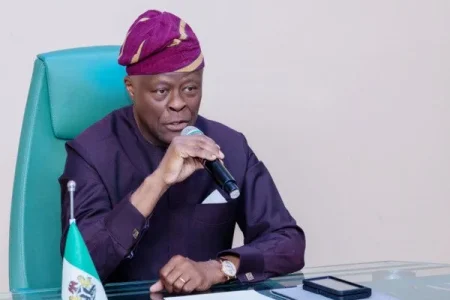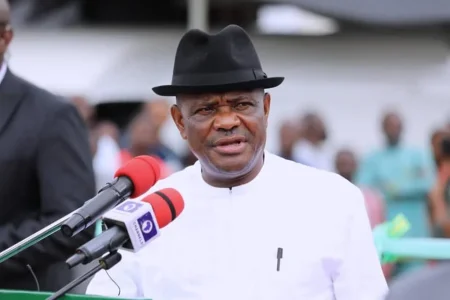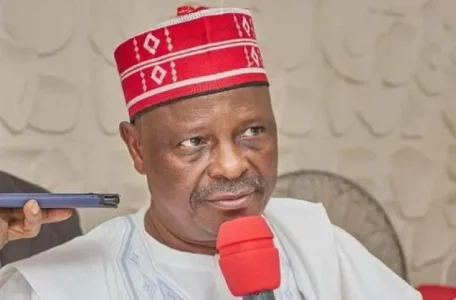
Wale Edun, Nigeria's Finance Minister, praised President Bola Tinubu’s decision to end the fuel subsidy, which saved the country five percent of its GDP annually. He highlighted that the move would benefit all levels of government, boost infrastructure, and attract private sector investments, ensuring long-term economic stability.
In a speech at the National Council on Finance and Economic Development (NACOFED) in Bauchi, Wale Edun, Nigeria's Finance Minister, praised President Bola Tinubu’s economic initiatives, stating they had saved the country from ongoing financial losses. Edun highlighted that eliminating the fuel subsidy, which previously cost the country five percent of its GDP annually, had been a key move in stabilizing the economy. According to Edun, the fuel subsidy had benefited only a select few, while the broader population and neighboring countries gained more from the system.
The Finance Minister emphasized that the removal of these subsidies would allow more resources to flow into Nigeria’s federation account, benefiting federal, state, and local governments. This, in turn, could improve investments in infrastructure and essential services like education and healthcare. Edun further noted that the removal of the fuel subsidy had paved the way for more private sector investments, particularly in the petroleum refining sector, signaling a new era of industrialization for the country.
Edun concluded by reaffirming the government's commitment to rebuilding Nigeria’s economy, focusing on policies that would ensure long-term stability and growth. His comments came at a time when the country is seeking sustainable solutions to its economic challenges.




